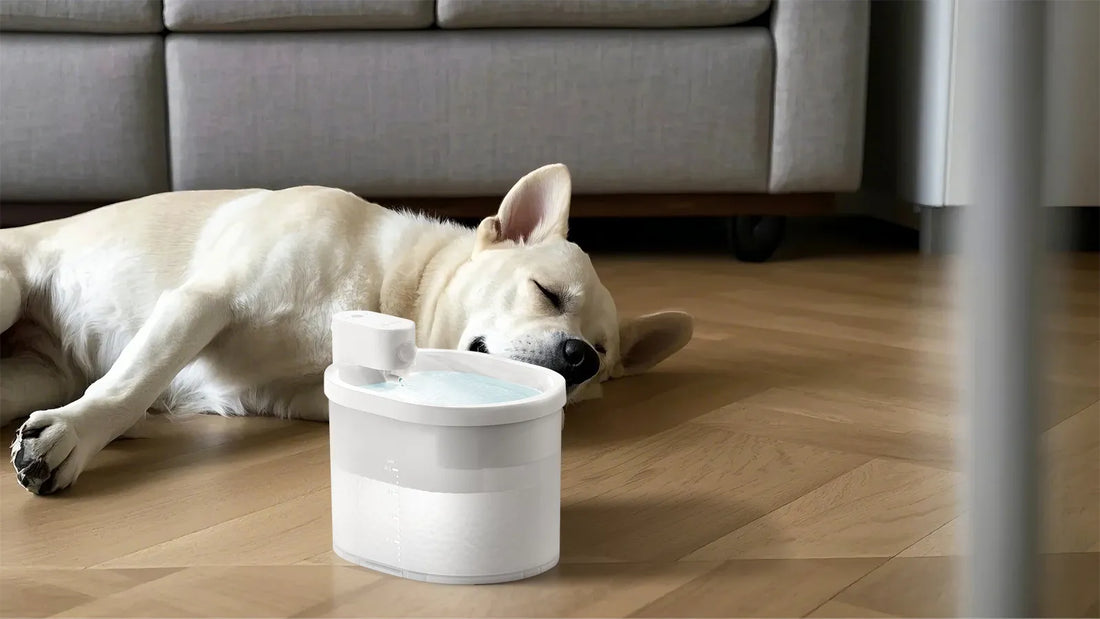When a cat is nearing the end of its life, it may exhibit unusual behaviors that can be distressing for pet owners. One such behavior is drinking excessive amounts of water. While this might seem like a minor issue, it can be a sign of underlying health problems that require immediate attention. Understanding why a dying cat drinks lots of water is crucial for providing the best care during this difficult time.
Why Is My Dying Cat Drinking So Much Water?
There are several reasons why a dying cat might start drinking more water than usual. One common cause is kidney failure, which is prevalent in older cats. When the kidneys are not functioning properly, they cannot concentrate urine, leading to increased thirst. Another possible reason is diabetes, which can cause excessive thirst and urination. Additionally, certain medications or treatments may also lead to increased water consumption.
Health Conditions Linked to Excessive Water Intake
Excessive water intake in cats can be linked to various health conditions. Kidney disease is one of the most common, as it impairs the cat's ability to retain water. Hyperthyroidism, another condition often seen in older cats, can also lead to increased thirst. Liver disease and urinary tract infections are other potential culprits. It's essential to consult a veterinarian to determine the exact cause and appropriate treatment.
How to Monitor Your Cat's Water Intake
Monitoring your cat's water intake can provide valuable insights into its health. Keep track of how much water your cat drinks daily and note any changes in behavior. If you notice a sudden increase in water consumption, it's important to seek veterinary advice. Providing fresh water and ensuring your cat has easy access to it can also help manage its hydration levels.
When to Seek Veterinary Help
If your cat is drinking lots of water and showing other signs of illness, such as lethargy, weight loss, or changes in appetite, it's crucial to consult a veterinarian. Early diagnosis and treatment can make a significant difference in managing your cat's health. Your vet may recommend blood tests, urine analysis, or other diagnostic procedures to identify the underlying cause.
Providing Comfort and Care for a Dying Cat
Caring for a dying cat can be emotionally challenging, but there are ways to make your pet more comfortable. Ensure your cat has a quiet, cozy place to rest and provide plenty of fresh water. Gentle grooming and spending quality time together can also help your cat feel loved and secure. Discuss pain management options with your vet to ensure your cat is as comfortable as possible.
Understanding why a dying cat drinks lots of water is essential for providing the best care during this difficult time. By monitoring your cat's water intake and seeking veterinary help when needed, you can ensure your pet remains as comfortable as possible. Remember, your love and attention are the most important things you can offer during this challenging period.














